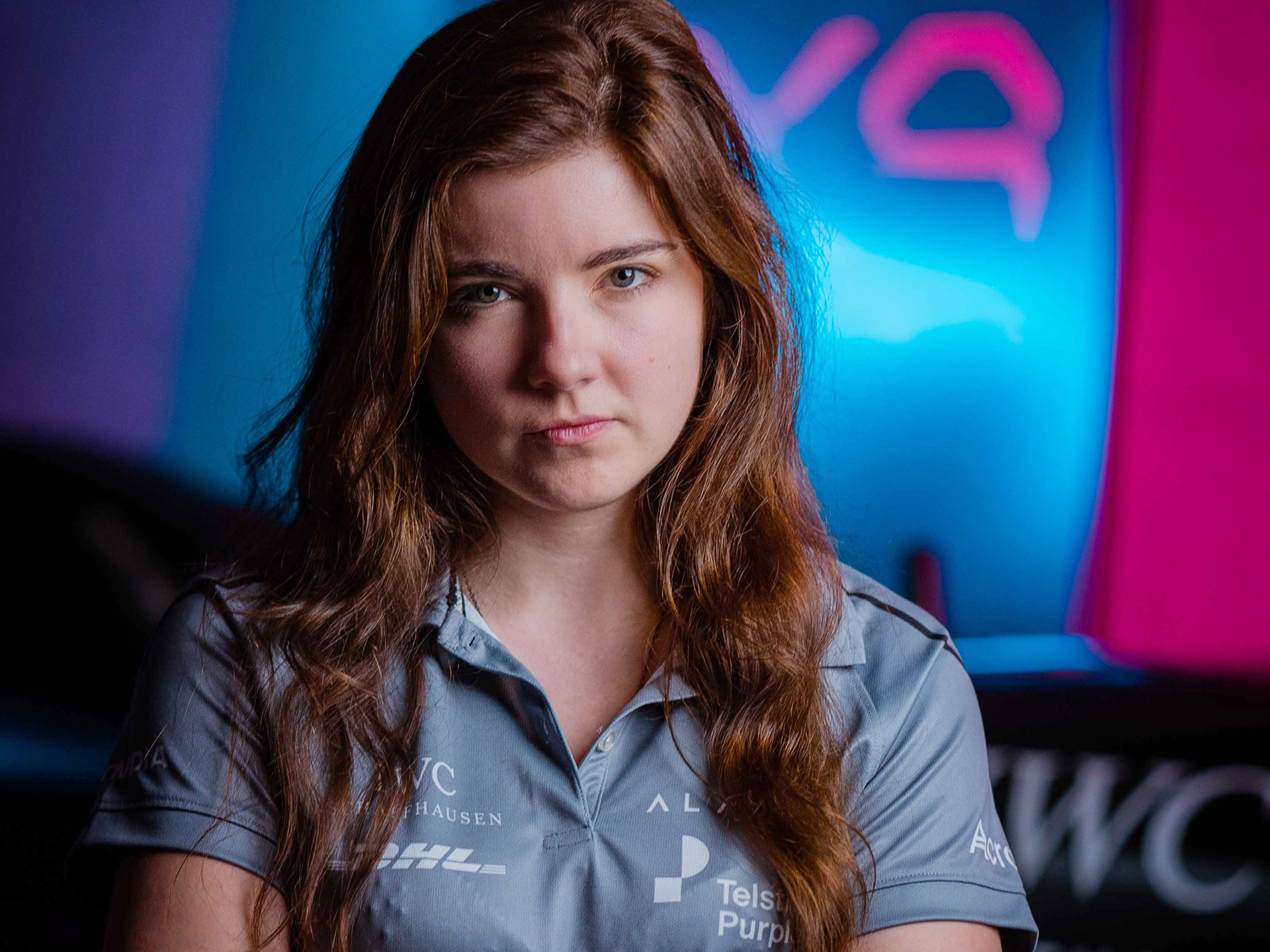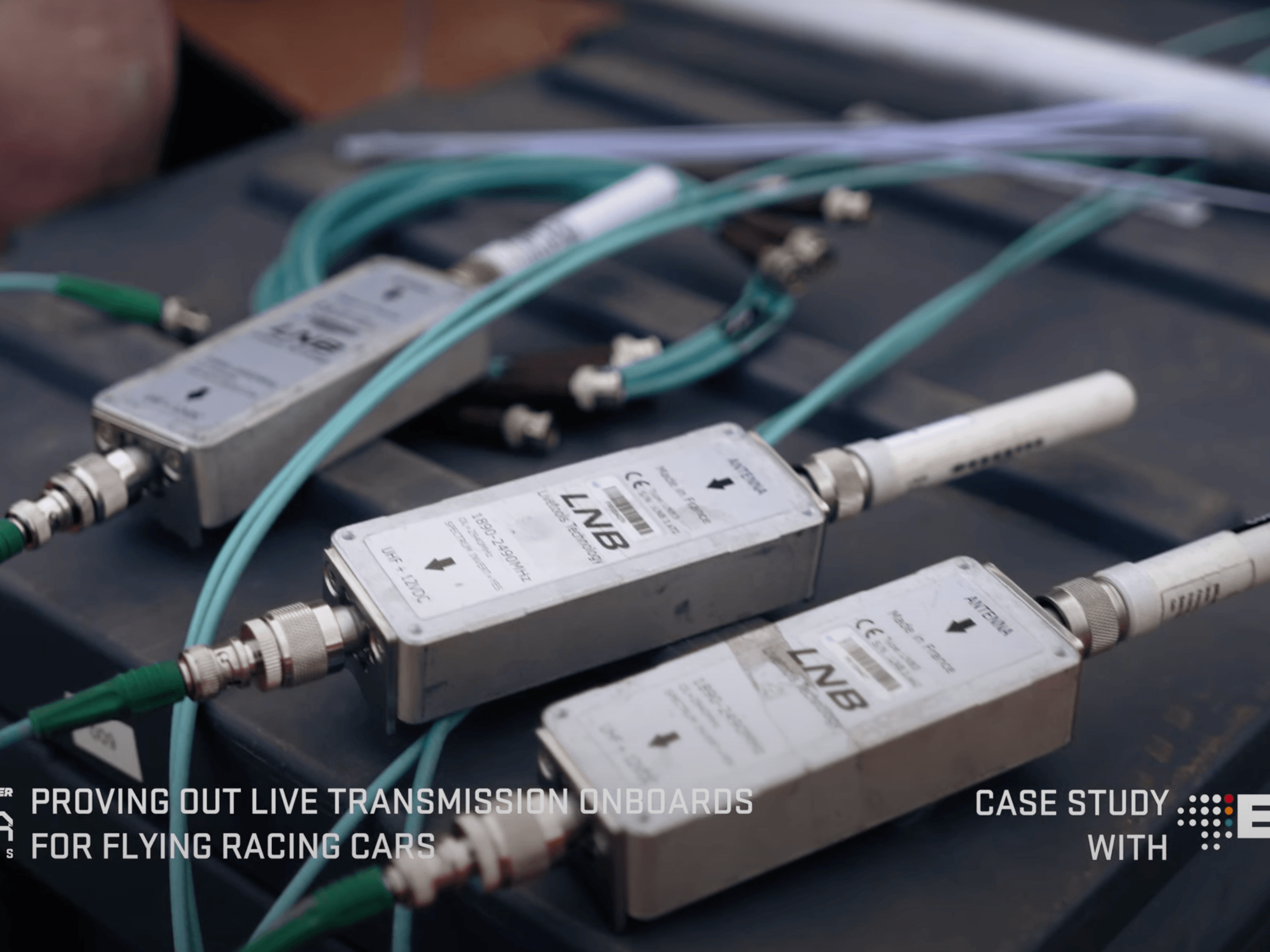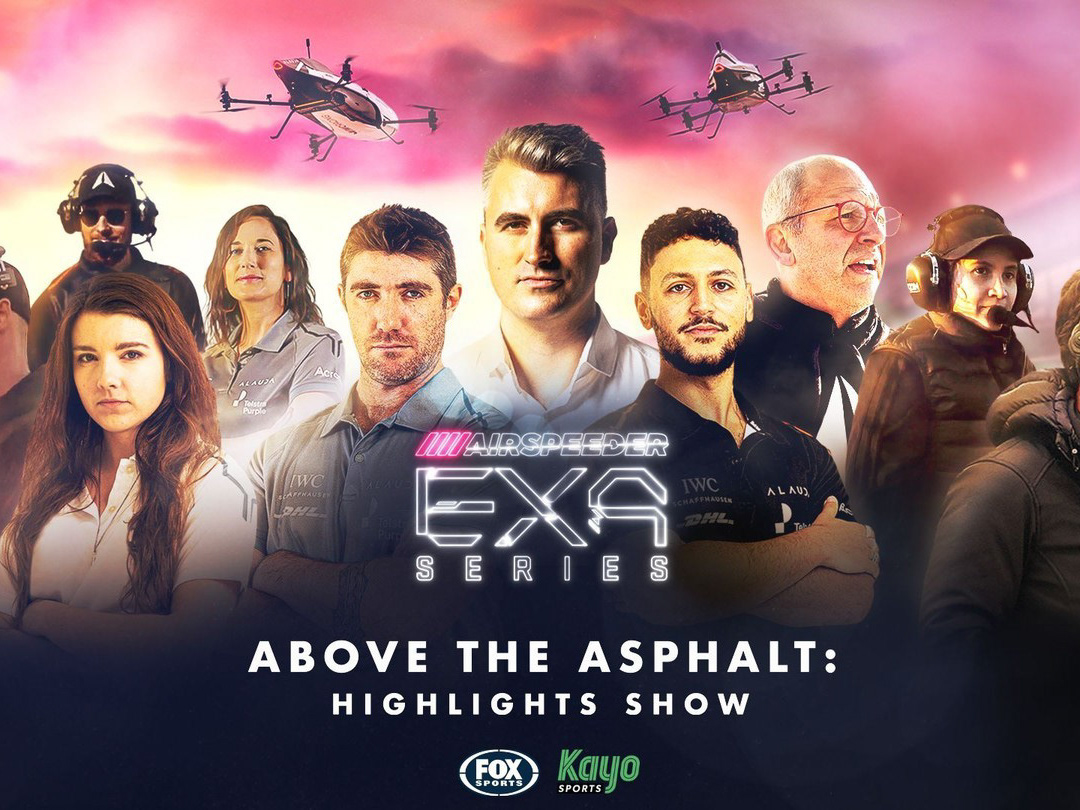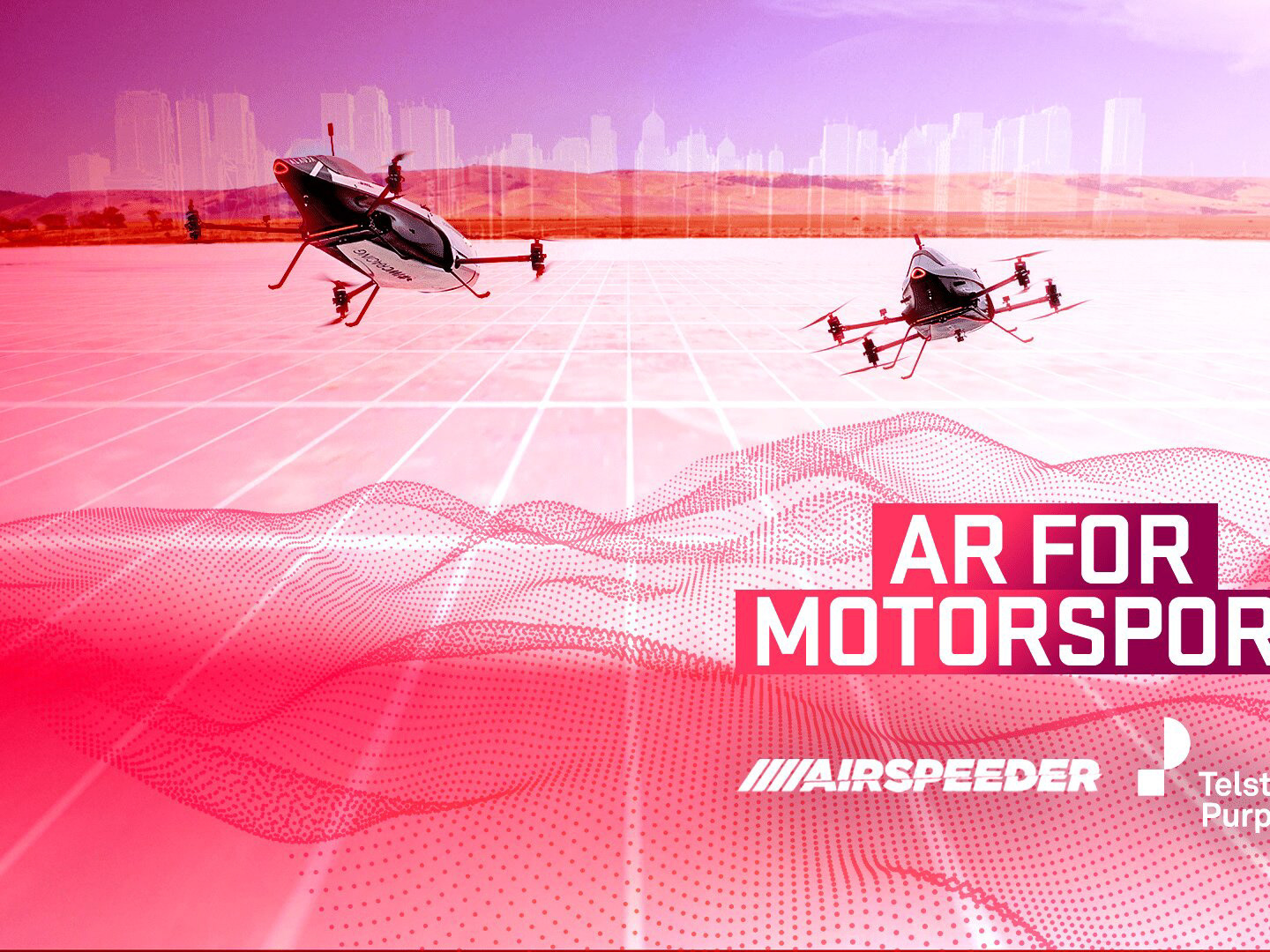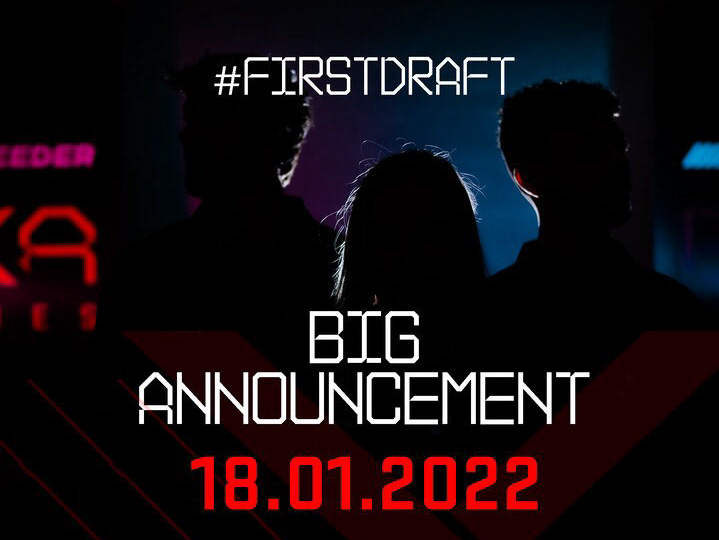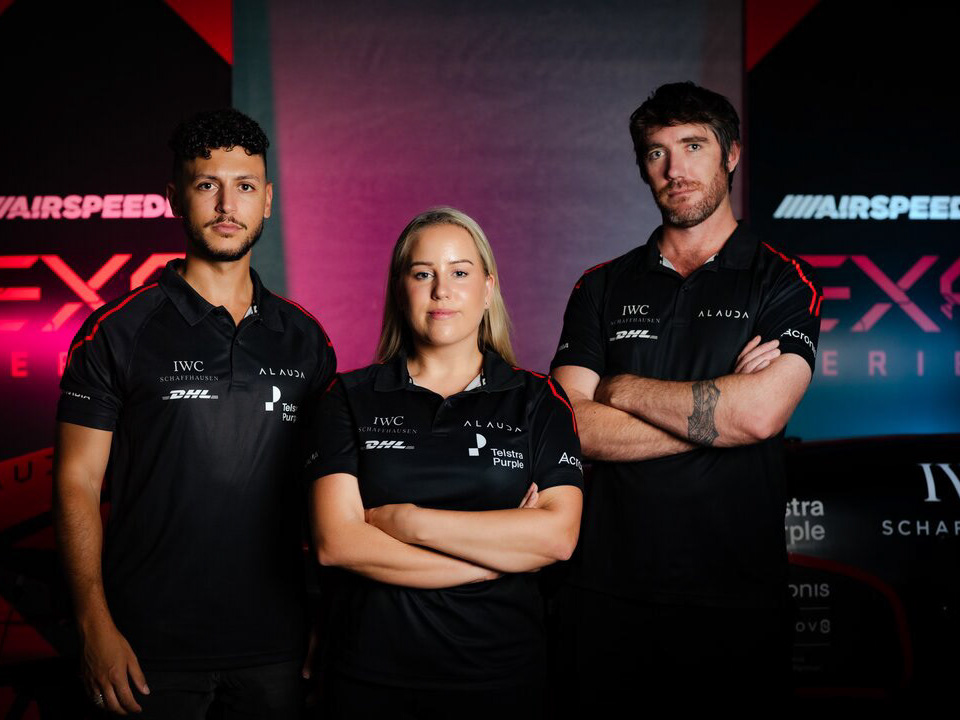THE FIRST-EVER EVTOL CIRCUIT RACE (AIRSPEEDER - EXA SERIES)
THE PREVIS OF THE EXA01 - The first ever eVTOL circuit race consisting of flying cars.
"A landmark moment in both the history of motorsport and the genesis of the flying car mobility revolution has been made in the salt flats of South Australia. Airspeeder pilot Zephatali Walsh beat fellow competitor Fabio Tischler, in a tense and close inaugural EXA remotely piloted race."
The May race was the first time two pilots were given full license to race their 4.1m long eVTOL race-craft blade-to-blade in a fully competitive remote race setting.
No concession to preserving their vehicles was made as the competitive instincts of born racers were displayed from the very beginning of this historic first race, staged above the pink salt flats of Lochiel near Adelaide, South Australia.
Every second of the 270+ test flights and thousands of hours of simulator preparation informed both competitor's approach to securing their place in the history of motorsport and flying cars as the next great coming leap in human transportation.
This skill and commitment were shown from the beginning, with three overtake in the first lap alone. The most daring manoeuvre of all was rewarded with the ultimate victory when Zephatali daringly overtook Tischler, who had gone wide at Turn 1. On losing speed on exit, Zephatali made his move flying just 1 meter below his fellow competitor to secure the track position that ultimately led to this historic maiden victory. This move illustrated the scope for drama when racing craft at close quarters with F1 car turning ability and the third dimension of vertical manoeuvrability.
To support this historic first race, Airspeeder built Race Control Stations, Pilot Control Stations, test a cutting-edge 5G network, Augmented Reality (AR) Sky Tracks, and engineering and team control stations akin to that seen in elite traditional motor racing. In addition, they had to develop race rules and a full suite of safety, logistics and race management protocols. In turn, the technology used in racing is a snapshot of what our cities will be using in the next decade to underpin the emergence of electric flying cars (eVTOL) as a viable means of passenger transport.
Vehicle manufacturer and sister company Alauda Aeronautics has collaborated with technical partners, Telstra Purple, Acronis and Amazon Web Services throughout the development of these races to create the digital architecture that will drive the 5G enabled infrastructure needed to ensure the safe management of autonomous and piloted eVTOL vehicles in urban environments.
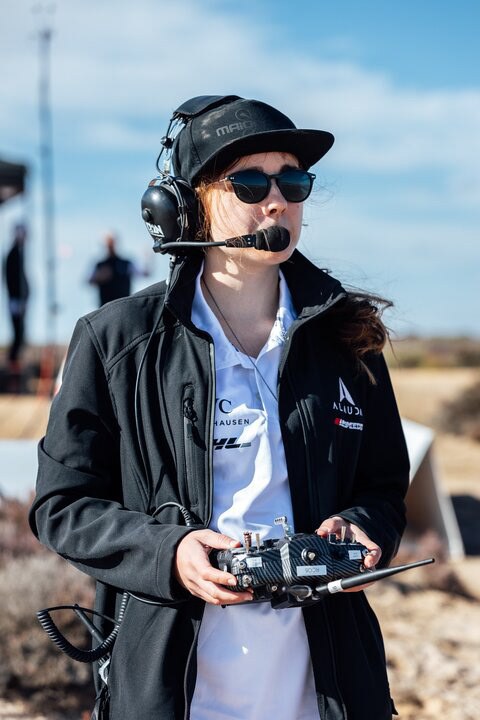
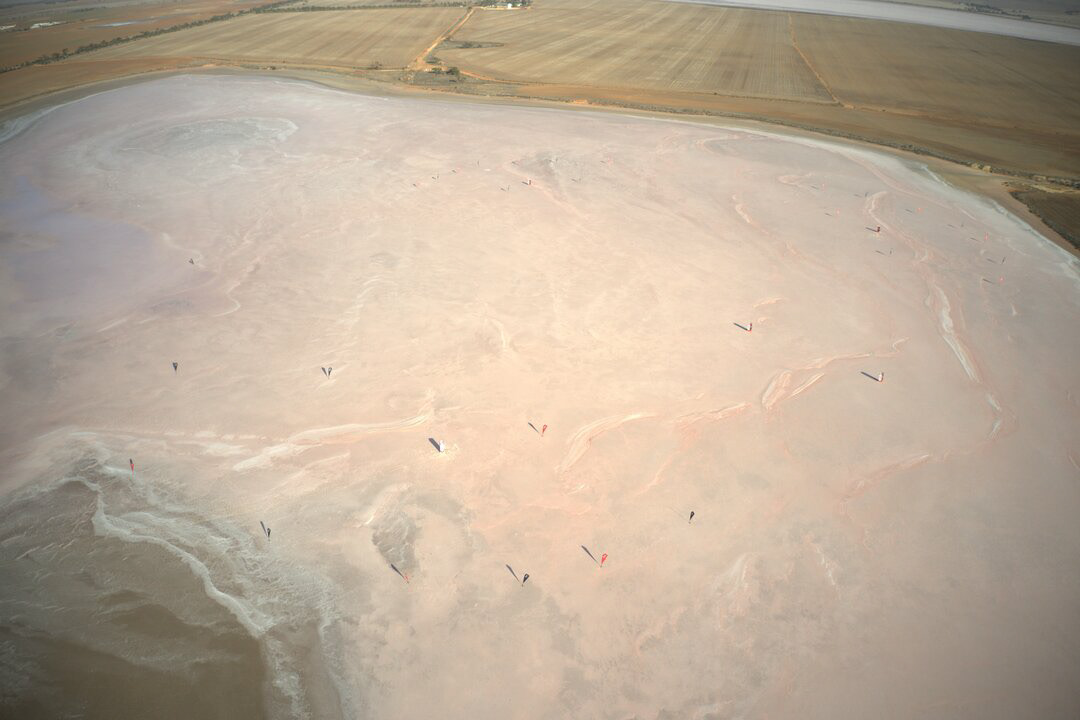

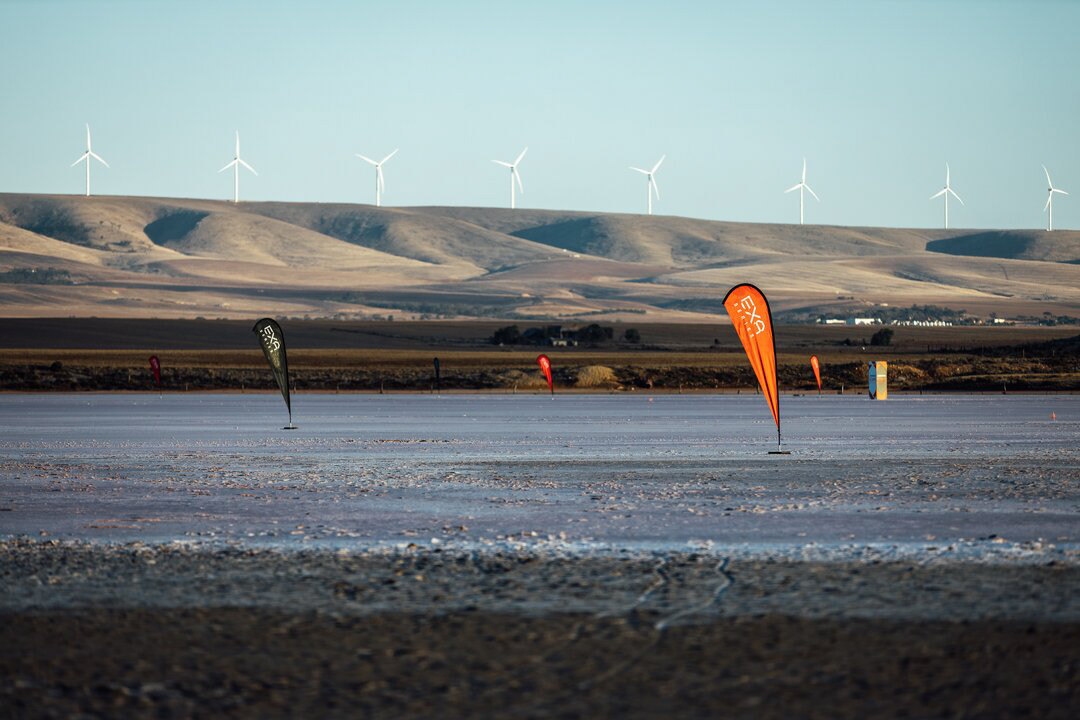
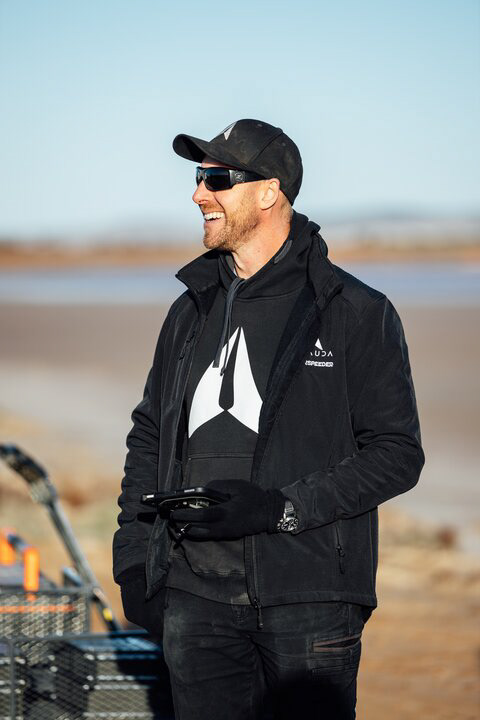
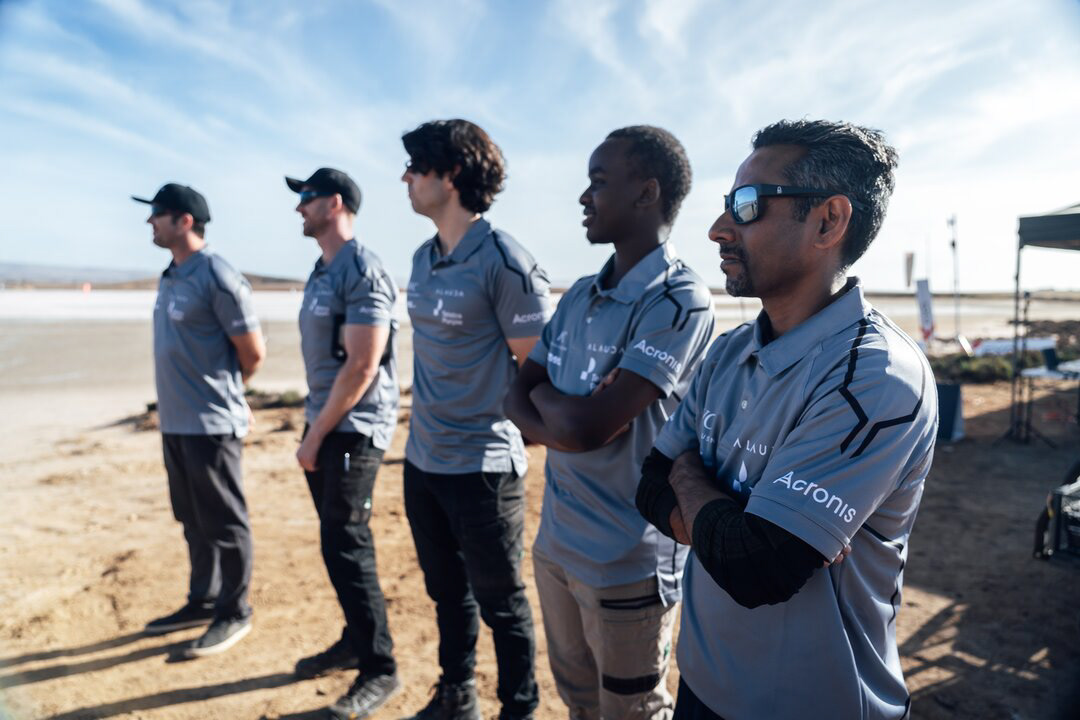
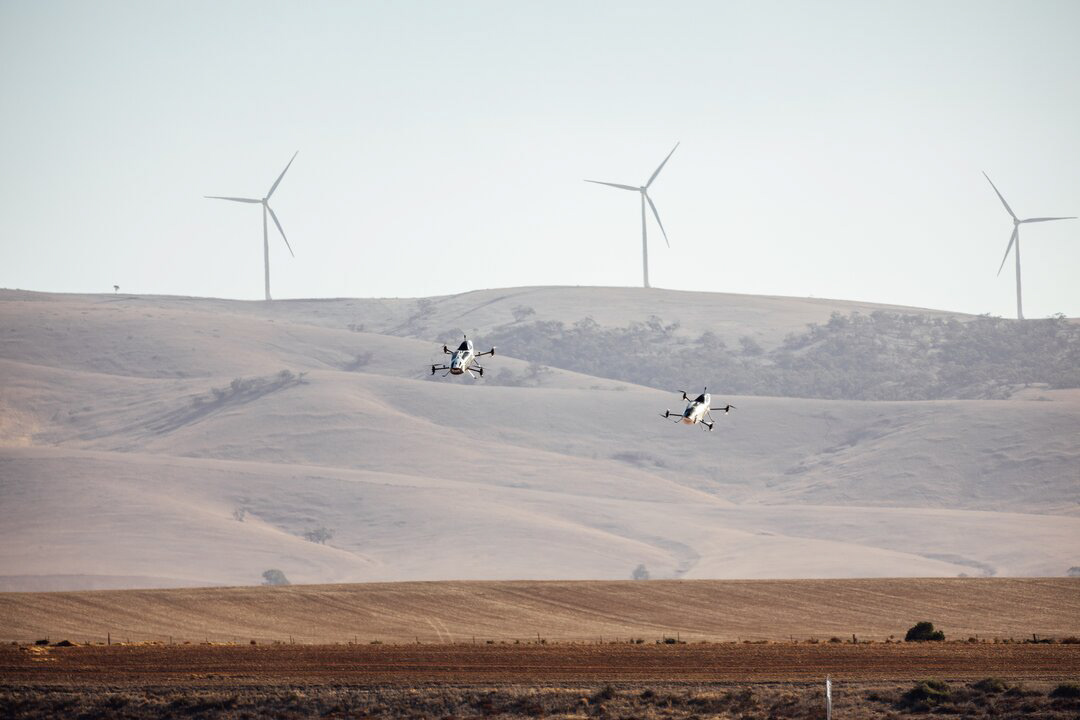
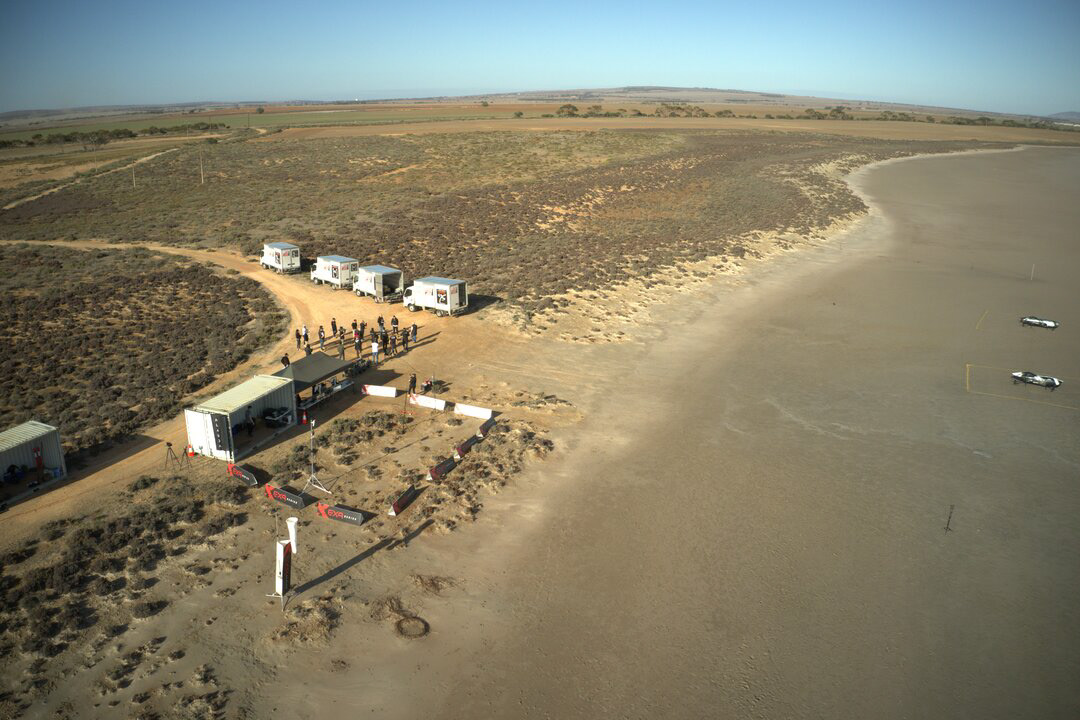
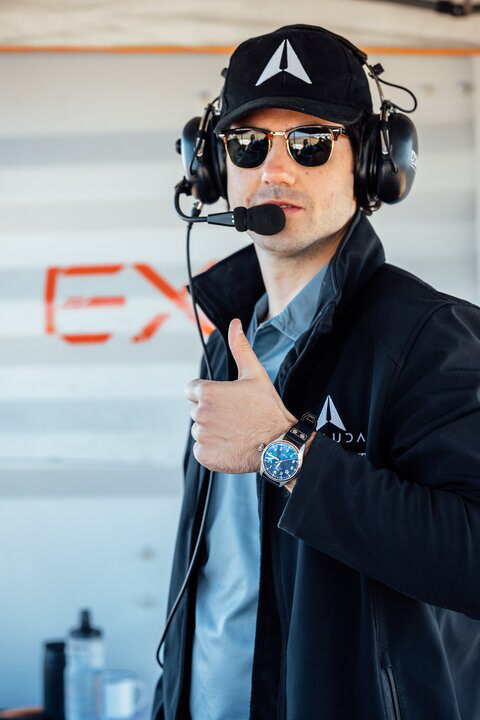
This collaborative approach to the development of not only a sport but the wider ecosystem will underpin the eVTOL mobility revolution extended to every one of Airspeeder and Alauda’s commercial and technical partners. This started with a knowledge exchange between Alauda’s expert team of engineers and the designers and specialists at the company’s Engineering and Timekeeping partner, IWC Schaffhausen. This ongoing dialogue serves as a vital light house in producing the highest quality racing machines with sustainability at the art of their purpose and function.
The Alauda and Airspeeder teams were also able to draw upon expertise from Acronis and Teknov8 in securing and managing vital telemetry and race data. The staging of the race was supported by the Government of South Australia which has nurtured an ecosystem of the world’s leading space and advanced aerospace companies. This extends to co-funding Alauda Aeronautics hyper-factory, a place where the world’s best performance flying cars will be built alongside space-craft, satellites and aircraft.
This historic first remotely piloted race will be followed by Grand Prixs with wider grids flown over a multitude of locations and track lay-outs. These EXA races will serve as the feeder series for Airspeeder crewed races set to take place in 2024.
